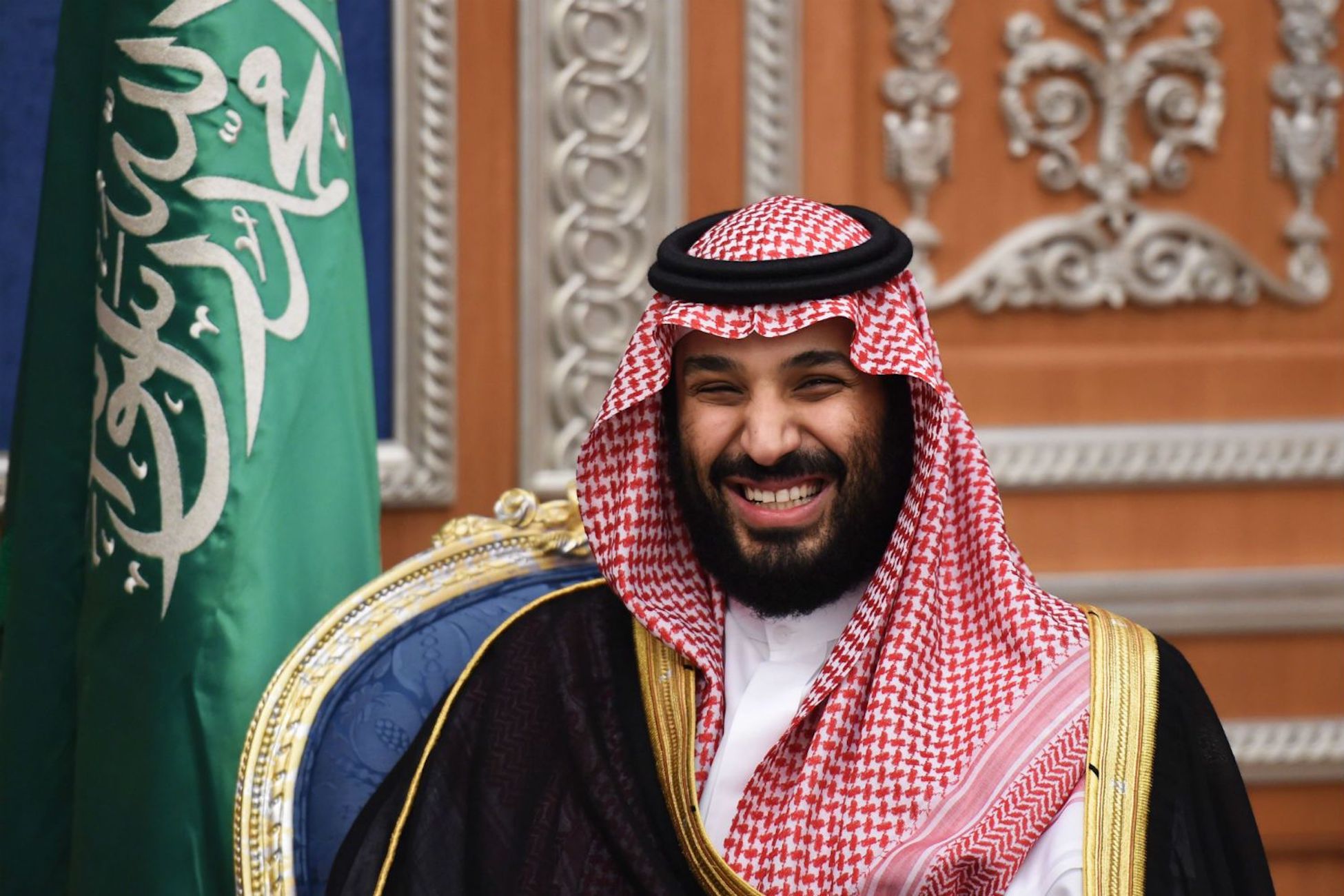
Kingdom adds firepower to the Public Investment Fund tasked with overhauling economy
Saudi Arabia’s government has transferred a near $80bn stake in national oil group Saudi Aramco to its sovereign wealth fund as the kingdom looks to give more firepower to the vehicle tasked with overhauling its economy.
The transfer of the 4 per cent stake to Sanabil, an investment arm of the sovereign Public Investment Fund, comes more than a year after the state first transferred a similar sized chunk of Aramco to the PIF, which now in effect controls 8 per cent of the world’s largest oil producer.
Crown Prince Mohammed bin Salman, the country’s prime minister, said the transfer would “solidify PIF’s strong financial position and credit rating”.
MBS, as he is widely known, also chairs the PIF and has made it the vehicle for investments under his Vision 2030 strategy, which seeks to modernise the kingdom and diversify its economy to reduce its reliance on oil.
The $600bn PIF has a target of managing $1tn in assets and the larger stake in Aramco will provide it with substantial dividends to fund its expansion.
The PIF has become a key source of investments for financiers looking to raise capital from tech start-ups to football clubs.
Yasir al-Rumayyan, governor of the PIF who has risen to become one of the most powerful non-royals in the kingdom, has been tasked with spearheading its expansion. He is also chair of Saudi Aramco and of Newcastle United football club, one of the PIF’s most high-profile overseas investments.
The state remains Aramco’s largest shareholder with 90.18 per cent of shares, MBS said. The energy giant listed a 1.7 per cent stake on the Saudi stock market in 2019, raising about $29bn in a blockbuster initial public offering to kick-start the kingdom’s diversification drive.
Sanabil Investments, which is wholly owned by the PIF, this month disclosed investments in dozens of private equity and venture capital companies including Blackstone and General Atlantic.
As well as overseas investments, the PIF in November secured a $17bn loan to help finance its push into big development projects, such as the hyper-modern Neom city on the Red Sea. An earlier $11bn loan for five years that was arranged in 2018 would be paid off early, it said at the time.
While Saudi Arabia wants to diversify its economy, it remains committed to developing its energy sector and maintaining its position among the world’s most powerful oil producers.
Oil is by far the largest source of government funds and the kingdom plans to remain among the top producers for decades, even if demand peaks in the coming years.
Global demand has risen to more than 100mn barrels a day with Saudi Arabia producing more than 10 per cent of that. It expects consumption will remain high even if it stops growing.
In recent weeks, Saudi Arabia has led the Opec+ producer group in cutting production to help support prices, which have risen back to above $85 a barrel, well above the long-term average.
Saudi Aramco made record profits of $161bn last year and paid a dividend of $19.5bn in the fourth quarter alone.
Fitch upgraded Saudi Arabia’s sovereign debt to A+ earlier this month, citing its reserves and economic diversification programme.
No comments:
Post a Comment